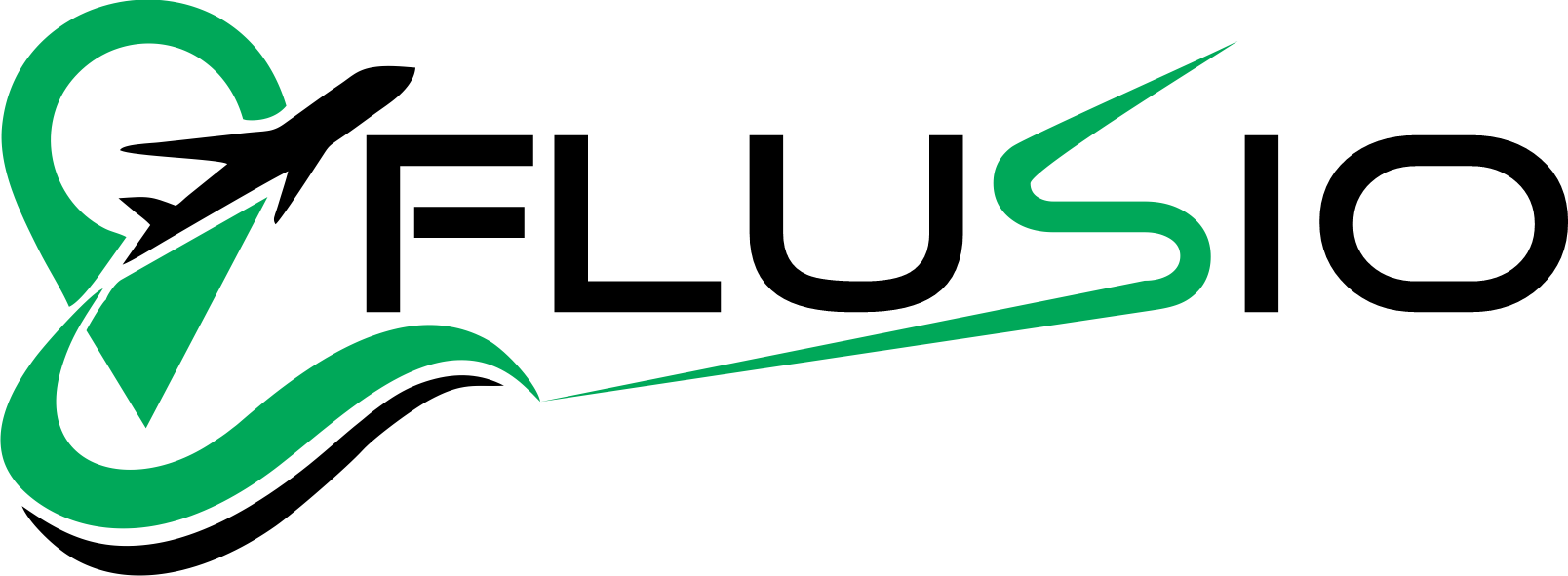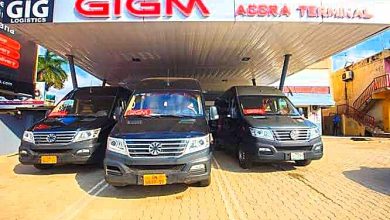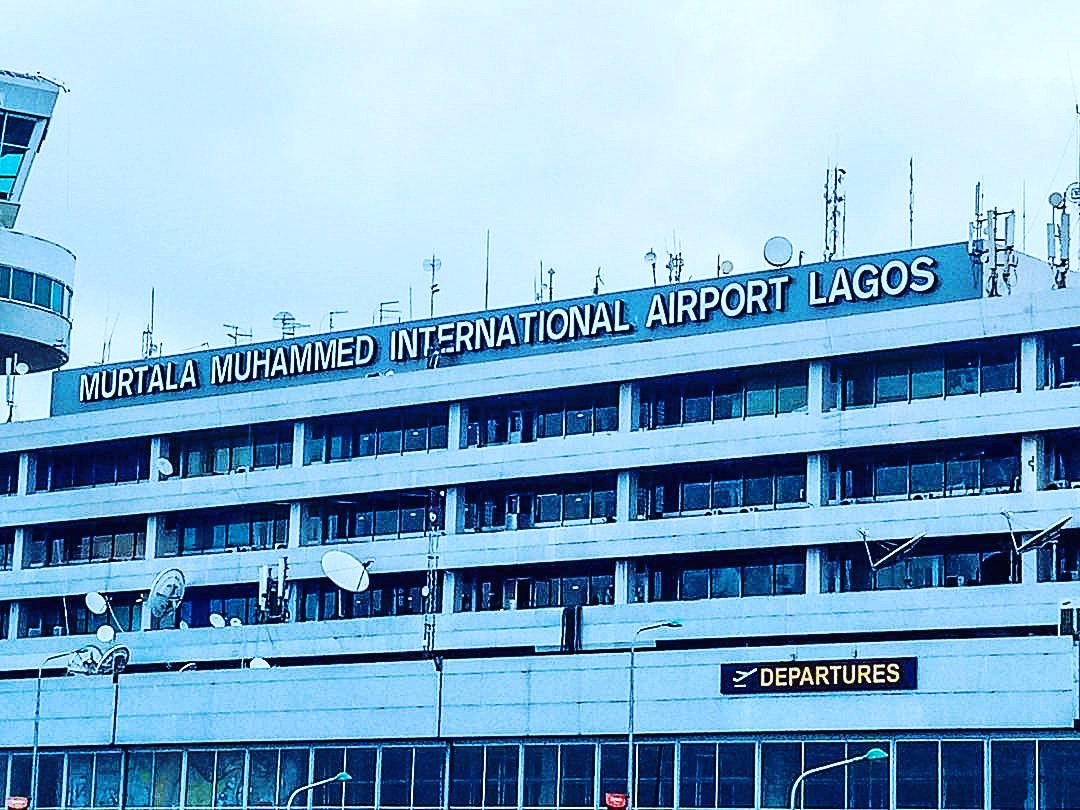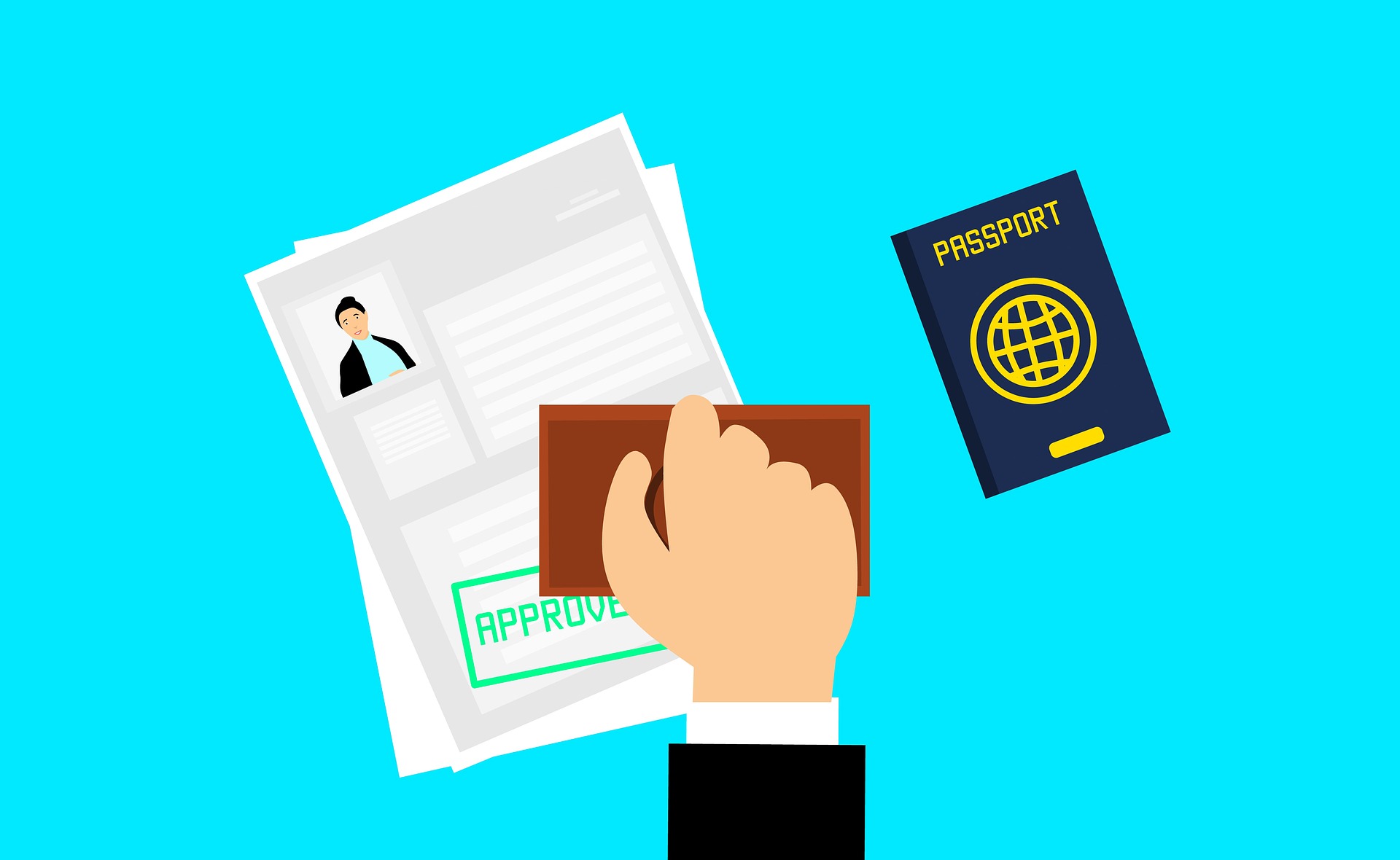The Netherlands Is Offering Work Permit and Jobs to Foreigner

People who dream of working in the Netherlands will find this write-up very useful. Obtaining a work permit is essential for students looking for a summer job or a skilled professional searching for a new career opportunity. The process can be confusing, but this guide gives you all the information you need to make it through easily.
To start with the basics, the first question to ask are these :
What are the conditions for obtaining a work permit in the Netherlands?
To qualify, you must meet certain requirements, such as being able to speak Dutch or English fluently, having a valid residence permit, and being employed by a company registered in the Netherlands. Additionally, the position you are hired for must meet certain criteria relating to salary and working conditions.
The next step for people who meet all of these requirements is to apply for a work permit. This process can vary depending on your nationality and country of residence, so it is recommended that you contact the Dutch embassy or consulate in your area for specific instructions. In general, you will need to provide documentation such as your CV, evidence of employment, and proof of education and qualifications.
This comprehensive guide will make applying for a work permit in the Netherlands a breeze!
Applying for the Netherlands work permit
The first thing you need to do when applying for a work permit in the Netherlands is to ensure that you meet the conditions. The most important one is that you have a contract with a Dutch employer.
The contract must be for at least 12 months, and you must be working for at least 32 hours per week. If you’re self-employed, you must have a declaration from the Chamber of Commerce stating that your business is registered in the Netherlands.
You also need to have health insurance and enough money to support yourself. If you’re under 30, you can apply for a work and holiday visa, which allows you to work in the Netherlands for up to a year.
The Different Types of Work Permits
You might be wondering what kind of work permit you need in order to be able to work in the Netherlands. Well, that all depends on your situation.
You don’t need a work permit if you are from an EU/EEA country or Switzerland. You are free to live and work in the Netherlands without any hassle.
But if you are outside the EU/EEA, you will need to apply for a work permit. And there are a few different types of work permits, so you will need to ensure you get the right one.
The most typical varieties of work permits are :
- The ICT Permit: for highly skilled migrants who are working in the Netherlands for an international company.
- The Blue Card: for highly skilled migrants who are working in the Netherlands for a Dutch employer.
- The Highly Skilled Migrant Program: for highly skilled migrants who want to work in the Netherlands for themselves.
- The Orientation Year Permit: for recent graduates from outside the EU/EEA who want to gain experience working in the Netherlands.
- The Science Talent Scheme: for scientists and researchers from outside the EU/EEA who want to come and work at a Dutch research institute or university.
Who Can Apply for a Work Permit?
The first step is to check if you meet the conditions to apply for a work permit in the Netherlands.
- You need to have a current travel document, like a passport.
- You must have a residence permit if you are not a national of an EU/EEA country or Switzerland.
- You must have a contract of employment or binding job offer from a Dutch employer. The contract or job offer must state the salary and other conditions of employment.
- Your employer must have received a positive advice from the UWV (Employment Agency). The UWV will check if there are any suitable candidates from within the EU/EEA for the vacancy. If this is not the case, your employer can apply for a work permit on your behalf.
Requirements for a Work Permit
There are a few requirements you will need to meet in order to be eligible for a work permit in the Netherlands.
- First, you will need a completed application form. You can get this from the Dutch embassy or consulate in your home country or from the website of the Immigration and Naturalization Service (IND).
- Second, you will need to provide proof that you have a valid passport. Your passport should be valid for at least another 6 months, and have at least 2 blank pages.
- Third, you will need to provide proof of financial means. This can be in the form of a bank statement, or a letter from your employer stating that they will be financially responsible for you during your stay in the Netherlands.
- Fourth, you will need to provide proof of travel insurance. Your insurance should cover medical expenses and repatriation costs in case of an emergency.
- Finally, you will need to pay the application fee. The fee is currently €170, but is subjected to change.
How to Apply for a Work Permit
Now that you know what the conditions are for applying for a work permit in the Netherlands, it’s time to start the application process. Here’s what you need to do:
- Gather all the required documents: This includes your passport, birth certificate, CV, and any other relevant documentation.
- Fill out the application form: You can find this on the website of the Dutch Immigration and Naturalization Service (IND).
- Submit the form and pay the fee. You can do this online or by mail.
- Wait for a decision. The IND will review your application and make a decision within a few weeks.
- If your application is approved, you will receive a work permit. This is good news. You can now start looking for jobs in the Netherlands.
The Processing Time for a Work Permit Application
Now that you know what the requirements are for a work permit, you are probably wondering how long the application process will take.
Unfortunately, there’s no one-size-fits-all answer to this question since it can vary depending on your individual situation. However, the general processing time for a work permit application is about two to four months.
Of course, this is just an estimate, and there are a number of factors that can influence how long it will actually take to get your work permit. For example, if you’re applying for a highly skilled migrant visa, the process may be faster since you’re considered to be in high demand.
On the other hand, it may take a bit longer if you’re applying for a regular work permit since your application will need to be reviewed by the Dutch Immigration and Naturalization Service (IND).
Now that everything has been simplified and explained, I hope that the time is right and near to get started on your application, get all the necessary documents ready and if all of this information are too much, you can always hire the help of a professional agency to guide and put you through better.




